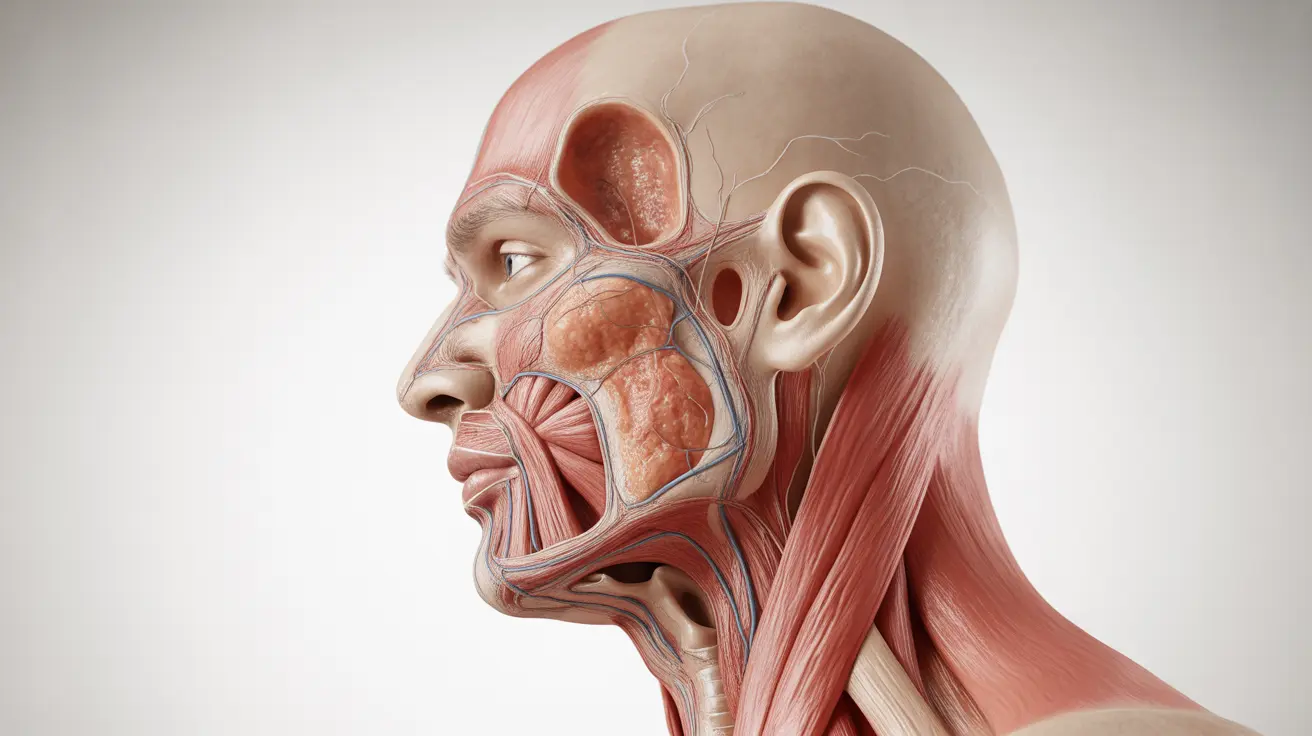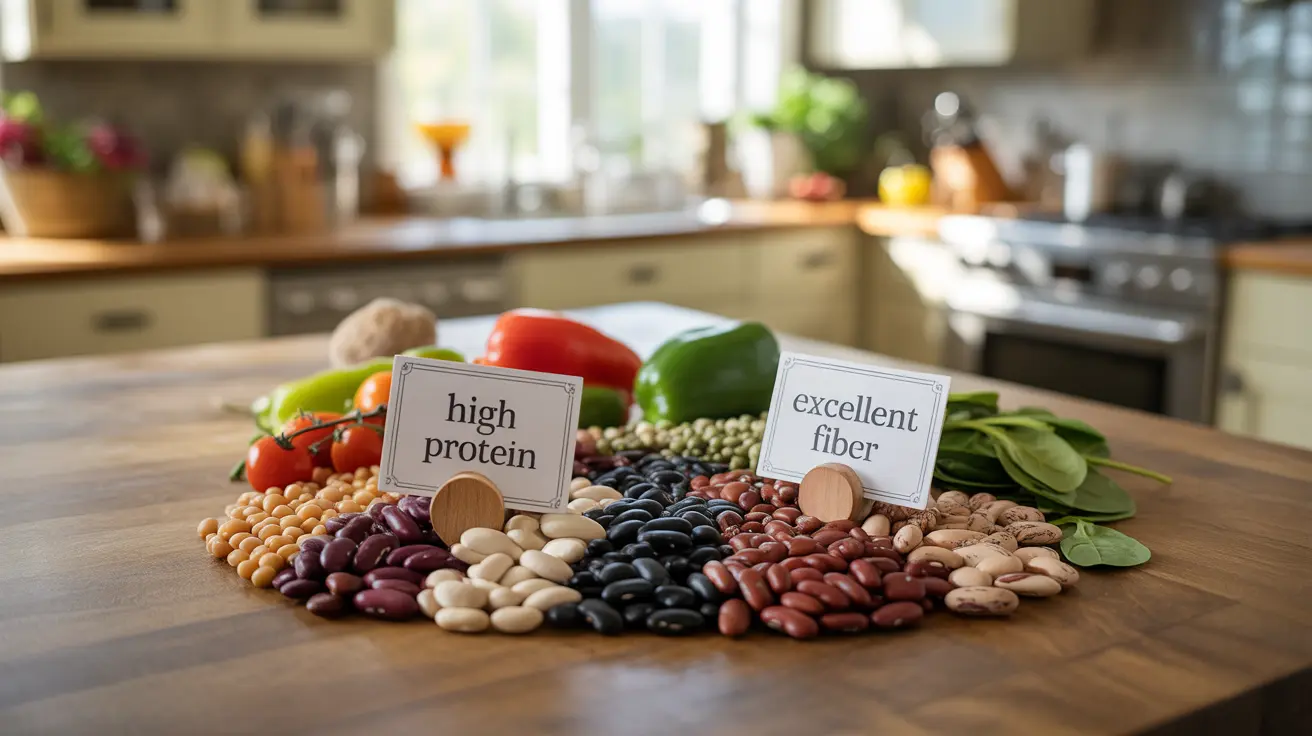In recent years, TikTok has become a powerhouse for health and nutrition content, with countless creators sharing diet tips, meal plans, and weight loss advice. While some of this information can be valuable, the platform's viral nature often promotes questionable dietary practices that may pose risks to viewers' health and well-being.
Understanding how to navigate TikTok diet trends is crucial for anyone interested in improving their nutrition or managing their weight through social media guidance. This article examines the reliability of TikTok's nutrition content and provides expert insights on separating fact from fiction.
The Rise of Nutrition Advice on TikTok
TikTok's algorithm-driven content delivery system has created a perfect storm for the rapid spread of diet-related information. Short, engaging videos can quickly reach millions of viewers, regardless of the creator's qualifications or the accuracy of their claims.
While some content creators are qualified health professionals sharing evidence-based advice, many others are simply sharing personal experiences or unproven theories that may not be suitable for everyone.
Common Types of TikTok Diet Trends
Quick-Fix Solutions
Many TikTok diet trends promise rapid weight loss or dramatic health improvements through simple interventions. These often include:
- Drinking specific beverages at precise times
- Eliminating entire food groups
- Following strict eating windows
- Consuming "miracle" supplements or ingredients
Extreme Restriction Patterns
Some viral TikTok diets promote severely restrictive eating patterns that can be dangerous:
- Very low-calorie diets
- Extended fasting protocols
- Mono-dieting (eating only one type of food)
- Elimination of essential nutrients
The Science vs. Social Media
Scientific research in nutrition and weight management typically shows that sustainable results come from balanced, long-term approaches rather than quick fixes. Many TikTok diet trends directly contradict established nutritional science by:
- Oversimplifying complex metabolic processes
- Ignoring individual differences in nutritional needs
- Promoting one-size-fits-all solutions
- Disregarding potential health risks
Identifying Credible Nutrition Information
When evaluating TikTok diet content, consider these key factors:
- Creator credentials and qualifications
- Scientific evidence citations
- Balanced, sustainable approaches
- Recognition of individual differences
- Transparency about limitations and risks
Potential Risks of Following TikTok Diet Trends
Implementing unverified dietary advice from social media can lead to several health concerns:
- Nutritional deficiencies
- Disordered eating patterns
- Metabolic disruptions
- Psychological stress around food
- Delayed seeking of professional medical care
Frequently Asked Questions
How reliable are TikTok diet trends for healthy eating and weight loss?
TikTok diet trends vary significantly in reliability. While some creators share evidence-based information, many trends lack scientific backing and may promote unsafe practices. It's essential to verify any dietary advice with credible health sources or professionals before implementation.
What risks can arise from following inaccurate nutrition advice on TikTok?
Following inaccurate TikTok nutrition advice can lead to nutritional deficiencies, disordered eating patterns, metabolic problems, and potential health complications. Some trends may also delay proper medical treatment for underlying health conditions.
Why do so many TikTok diet trends promote restrictive or extreme eating habits?
Extreme or restrictive diets often promise quick results, which makes them more likely to go viral on social media. TikTok's short-form format also favors dramatic transformations and oversimplified solutions over nuanced, sustainable approaches.
How can I verify if a TikTok diet trend is based on scientific evidence?
Look for creators who cite peer-reviewed research, have relevant professional credentials, and provide balanced perspectives. Cross-reference claims with reputable health organizations and scientific literature. Be wary of extreme claims or ones that seem too good to be true.
Should I consult a professional before trying a diet I see on TikTok?
Yes, consulting a healthcare provider or registered dietitian before starting any new diet is crucial, especially those found on social media. They can help evaluate whether the diet is safe and appropriate for your individual health needs and goals.




